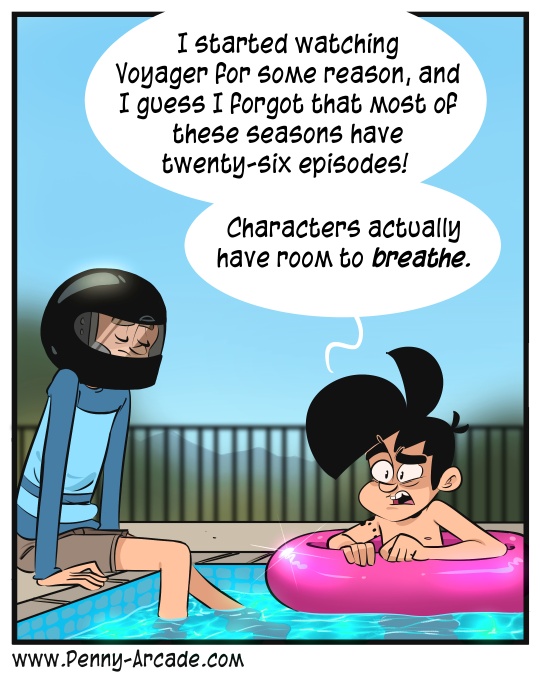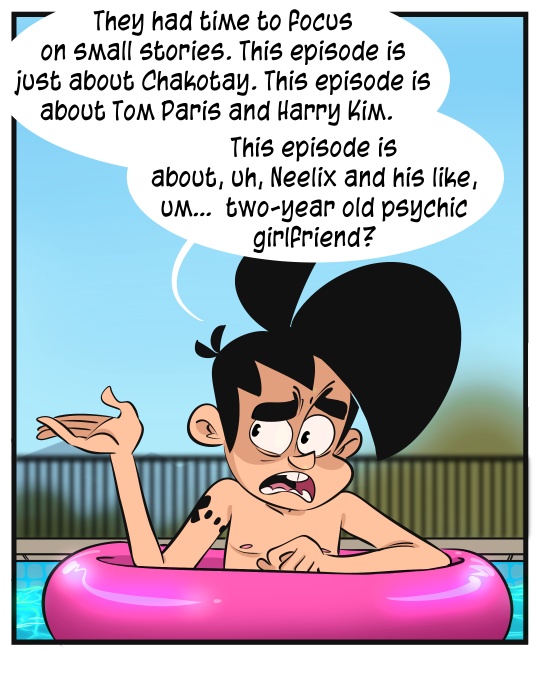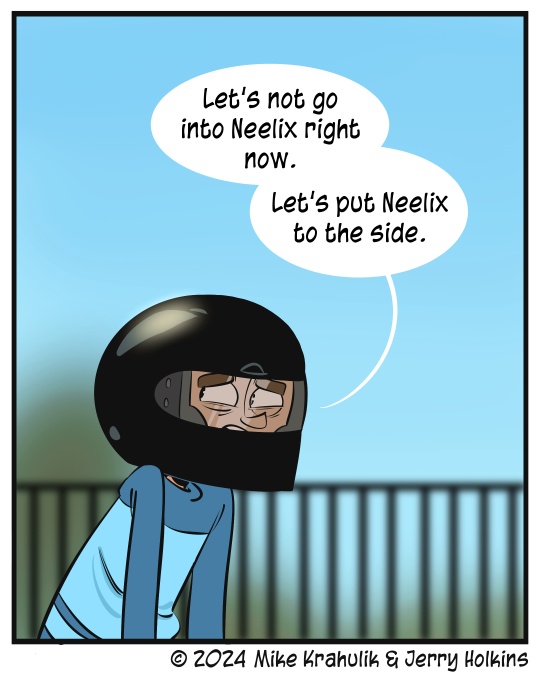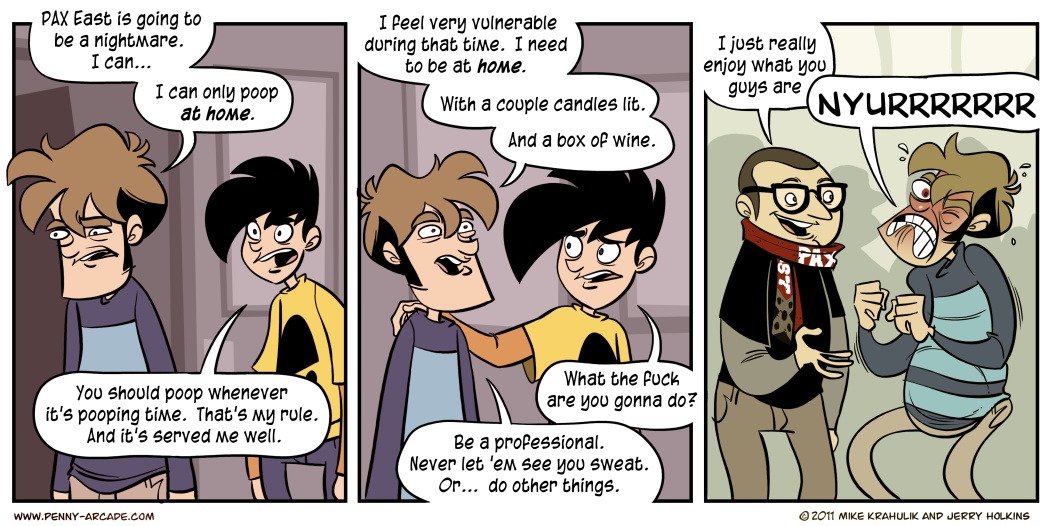It's surprising for us to remember how long a "season" of a show was, and then it would go fallow for a time until the new crop. It's even more surprising if you hail naturally from this time and go back - Ronia discovered that a season of 30 Rock is like twenty-two fucking shows. There was a specific term for televised presentations that rested between a season and a movie, "miniseries," that I'm not sure is even coherent anymore. We don't need something to describe that state. It has become the norm.
A good example of a show that simply wouldn't be the show it is inside a tighter set of parentheses is The X-Files. It's a fun, silly, pulpy mess that stays funny, silly, and pulpy, until it wants to implant a hideous larva in your esophagus. That's one of its great tricks, and it's made possible by the fact that there's room to maneuver in a season that long, room to effectively feint. There was a piece of linguistic technology at the time used to describe these distinct polarities - Monster of the Week, sometimes called, you know, Filler, and Mythology/Mytharc episodes that carried the core story forward. There's a page on Wikipedia called "Mythology of the X-Files" where you can see the ratio of episodes that carry the True Narrative forward. It's fucking wild.
Then you have are show like The Bear, which might be my favorite show, that are such native creatures of this new world of television that it's hard to find out what the problem could possibly be. It's diagetic, as Vampire's Jason Carl would say, in that the pace and density and tension of the show mirrors the events of the program itself. It's a scary watch. There's no room for anything but momentum. I think both can be good; the issue is that we don't really get the choice anymore.
It's an interesting problem, and I don't know enough about the hellpit that makes television to know why its contours are this way. I know people who have written down there, though; I should ask Gary Whitta, who has managed to endure very long in that place. The powers that be never want to take chances on new shows - does the shorter season make it a slightly easier pill to swallow? Is it purely about cost control? It occurs to me that somebody has already answered this in a detailed article. I'll go look. Yeah, see? Here's a discussion I found on r/Screenwriting after Googling for five seconds. There's a lot of theories! I still think I'm gonna ask Gary.
After Morak got done being an gaming archivist, and in the midst of an internecine Trek Wars conflict in the home, he entered the wayback machine and hit up Voyager. I'm sort of an unrelenting Janeway stan; I always wanted to see a Science Officer in the chair and we got that. Gabe likes the pace. Even the debut season, a truncated sixteen episodes in relation to the standard twenty-six, is still a comparative buffet.
(CW)TB out.



